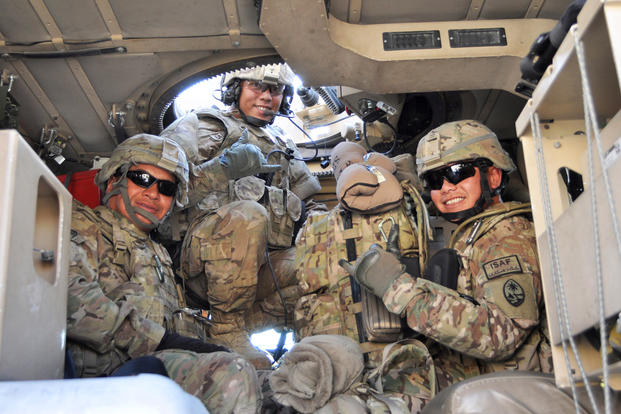Let's face it: The list of things you're excited about as you leave the military is as long as the list of things that you fear. Hopefully, you're surrounded by valuable resources and colleagues who've successfully entered the private sector. But maybe you don't have accessible examples of how to navigate the differences of culture, work, language and priorities in the civilian world.
Here, let's look at five of the most common transition challenges and how to navigate them:
1. Loss of Purpose
During your military service, you focused on a mission, moved in the direction of a target, accomplished your work and looked for the next assignment. Now, facing a civilian career, things might feel more loose and abstract. Your career isn't linear; job progression isn't predictable and may not include the same sense of purpose and mission as before.
Advice: Find purpose in your life, not just your job. In the military, it's common to see your life as your job, but not so much in the private sector. Whatever industry, company and type of work you'll do -- whether it's corporate, nonprofit, governmental or entrepreneurship -- find purpose in your complete life, not just your job.
Community engagement, volunteerism, mentorship and other ways of serving can help you fulfill your purpose in life besides what you get from your paycheck.
2. Loss of Chain of Command
Structure is understood in the military: Rank, status and hierarchy are clear from Day 1. In the civilian sector, however, the lines are more blurred than predictable. While you can find some patterns (i.e., CEOs typically do a certain job inside a company, whether that's a startup, corporation or nonprofit), understand that command comes in different forms when you work for a civilian employer.
Advice: While you've been trained to solve a problem whether it's your problem or not, your civilian counterparts might not see things the same way. Roles and titles matter to civilians in that they assume authority and position, not necessarily chain of command. Learn the company culture of the organization you're pursuing or joining to understand how and where the chains of command lie (if they do at all).
3. Different Promotion Structure
The military boasts a traditionally predictable promotion schedule. You know that if you're in a certain job for a certain period of time, and you perform at or above certain standards, you move to the next rung in the leadership ladder.
With some exceptions, the military promotion structure is established. Not so in the civilian sector. This can cause a transitioning veteran to question where in the organization to join in, how to market yourself for advancement and where to go for help.
Advice: As soon as you get hired on to your new job in the private sector, ask about the company promotion schedule. What does it take to move up or laterally within the organization? Do they promote from within the company? Remember that each company may have a different structure for advancement; don't guess.
4. Missing the Adrenaline Rush
The stress, pressure and adrenaline rush you've felt during your time in uniform is likely not going to be the same when you're in your civilian job. Of course, there will be pressure and stress, but likely the job won't have life-and-death consequences.
Advice: Remind yourself that while you can thrive under intense mission-critical pressure, you don't have to anymore. You can choose a career now that keeps your skills sharp and utilizes your ability to think fast, but one where lives are not at stake. Things are just different now -- not right or wrong.
5. Feeling Alone
Your time in uniform surrounded you with people who shared your passion and mission. They watched out for you and went through the challenges alongside you. This forms a bond unlike anything you may find in the civilian sector. When you settle into your civilian life, it might feel isolating.
Advice: Before you separate or retire, start forming your network. Regardless of where you'll end up after leaving the military, broaden your circle of supporters out from just those you're currently serving with. Once you're in your new community, look for veterans service organizations, such as the VFW (Veterans of Foreign Wars), or groups aligned with veteran transition or social activities. Stay connected to those who've served as you start to include civilians into your network and support system.
Takeaway
The transition is a process. There will be challenges and opportunities. Every high and low you'll hit has been experienced by your colleagues at some point. Seek mentoring and guidance for the tools you need to make your civilian career a success.
The Next Step: Get Veteran Jobs Tips
Looking for transition and veteran jobs tips? Military.com has you covered. Subscribe to Military.com to have military news, updates and job resources delivered directly to your inbox.





